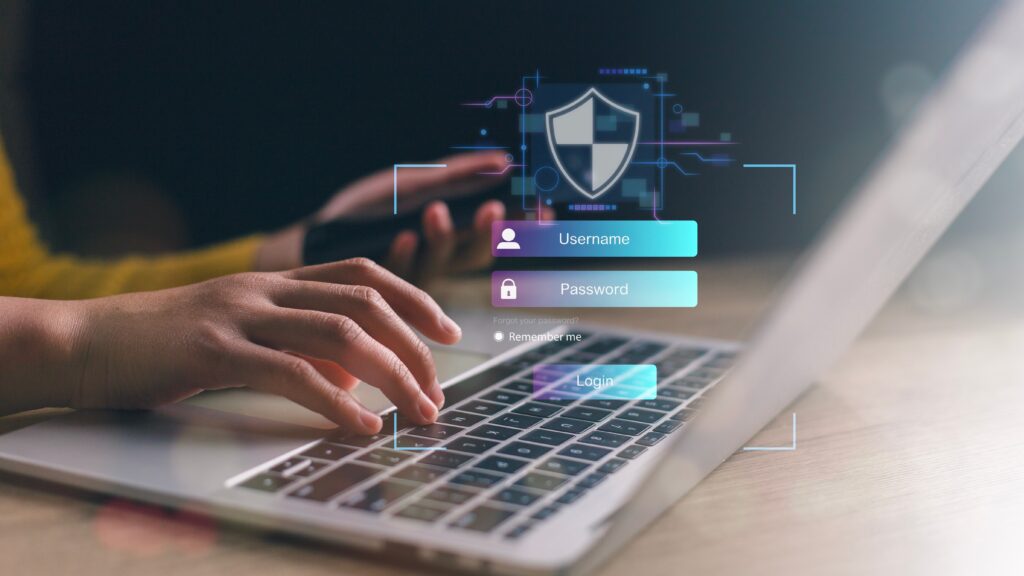In a marriage, it is common for couples often share access to a range of accounts, from emails to banking. While this arrangement can be practical during the marriage, it poses significant risks in the event of a divorce.
Divorce itself is a complex and emotional time. With financial assets to divide, living arrangements to organise for both you and the children and a whole host of other legal considerations to manage.

Nevertheless, one critical step that’s often overlooked and slips through the cracks during the divorce process is updating your passwords for digital accounts. With so much going on, it’s understandable why updating passwords might not be top of mind during a divorce. However, this should be one of the first actions that you consider.
Whilst your spouse does not have the right to look at your personal information, maintaining digital security during a divorce is essential for protecting your privacy and preventing your spouse from snooping around your personal accounts and information. As a result, steps should be taken to protect your information.
Fortunately, updating passwords and securing accounts doesn’t have to be an overwhelming task. A few simple steps can be taken to make the process easier: –
- Listing all relevant accounts and passwords, such as emails, computers, banking etc.
- Changing the passwords to unique strong passwords, which your spouse will be unable to guess. Avoid using personal details and potentially install a password manager to help with the process.
- Enable Two-Factor Authentication (2FA). This adds an extra security step when logging in and will notify you when anyone tries to access your accounts.
- Logging out of any shared devices, ensuring that your personal information and accounts have been wiped if necessary.
- Updating any recovery or backup information. If your spouse’s information is linked to any of your accounts, this should be changed immediately to prevent unauthorised access.
- If you use any shared services, such as Spotify or Netflix, consider creating a new account or transferring your account to a sole one.
- In relation to joint bank accounts or business accounts, seek professional advice who can provide additional guidance in relation to this.
In conclusion, whilst updating passwords during divorce may seem like a small or inconvenient step, it is a smart one. Making it a priority can help smooth the process and protect you from potential risks. If you are considering a divorce, please contact a member of our Family team to discuss how we can help.

